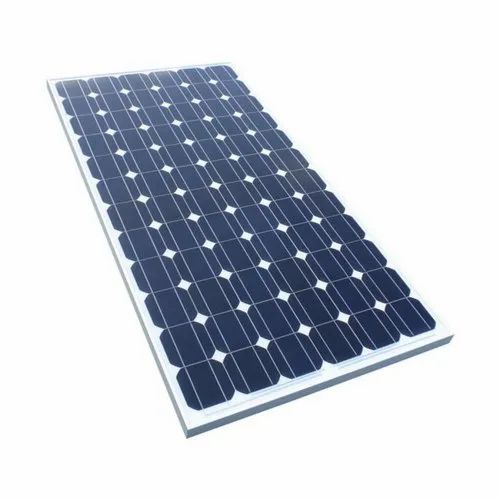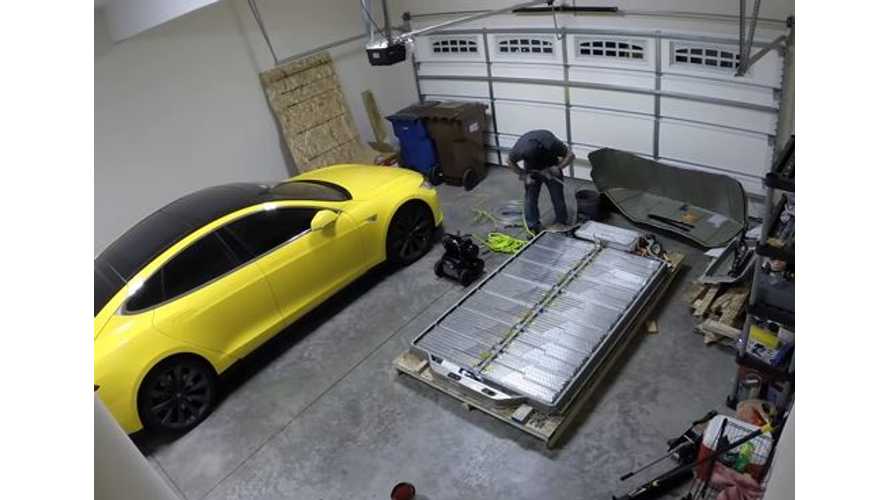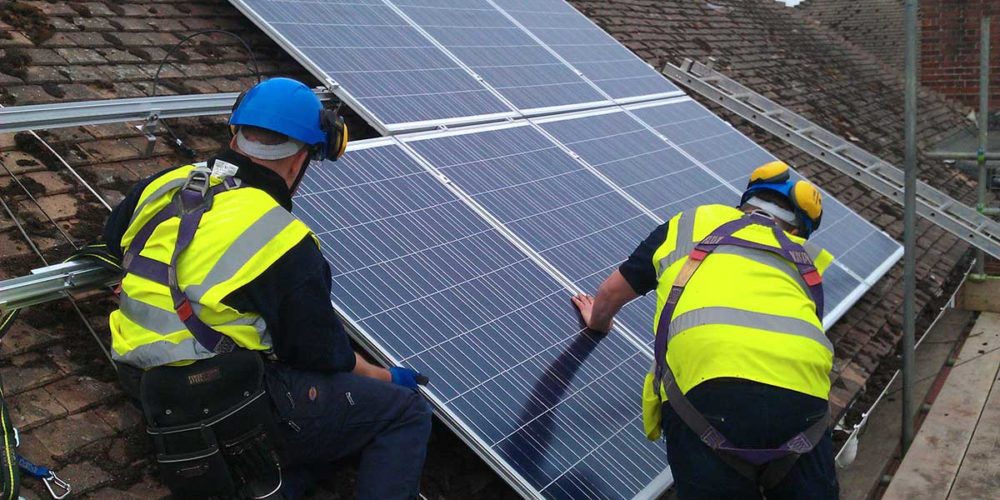
If you want to install solar panels on your home, you can lease them. You should consider the benefits and the costs. By reading this article, you'll be able to decide if leasing is right for you. It is also convenient for many people.
Cost of leasing
There are many things to think about when leasing solar panels. In many cases, the monthly payments are cheaper than buying them outright. However, there are several drawbacks to leasing your solar panels. These include: Not qualifying for any federal or local incentives or rebates. Leasing companies make money on your monthly payments and take any incentives from the sun.
If you are looking to sell your home, solar panels will make it less valuable. The cost of solar panel installation will decrease the value your home and it may be more difficult to let it go if the buyer does not want it. Moreover, buyers have concerns about solar leases and may reduce the price to avoid them.

Benefits of leasing
Leasing solar panels can be advantageous for those who don't have the capital to purchase the system outright. This arrangement doesn't have any upfront costs and does not require maintenance like purchasing. Some leasing companies offer discounts for first-time customers. It is possible to relax and let the company handle all the details of the installation. You may lose some control of the panel's location and aesthetics if you lease them.
One of the major benefits of leasing solar panels is that they will reduce your energy bills over a period of time. Your monthly utility bill can be cut by up to 15% depending on the size and capacity of your system. You can also lease solar panels to make solar energy a monetizable asset on the SREC marketplace.
Leasing has its drawbacks
You are not the only one thinking of leasing solar panels for home. There are a number of drawbacks to solar leasing. For one thing, leasing solar panels is a long-term commitment, so you may not be able to sell the panels when you sell your house. You may not be able to refinance your house if you lease solar panels.
Solar leasing has another drawback: you can't claim tax incentives. Since the solar company owns the panels, you won't be able to claim the 26% federal solar tax credit. Additionally, your utility rates will be much higher than those for a traditional loan. If you are considering leasing solar panels for your home, make sure to consult with a tax professional to determine if you can get a higher tax credit.

If leasing is the right option for you
It is possible to be harmed by leasing solar panels from a lease company if you are considering installing them in your home. Because the solar lease company is in the business of making a profit, they'll often try to get as much money as possible by tying you up in a long-term contract. You may have to pay off the remaining lease payments yourself or find a buyer willing to assume the lease when you sell your home. You may also have to lower the home's value to attract potential buyers. Your credit score will also be affected by leasing solar panels. This will make it more difficult for you to qualify for a home loan in the future.
Another advantage of leasing solar panels is that you don't have to pay for them up front. The leasing agency will also take care of your federal tax and maintenance. This is especially beneficial for those who aren't eligible for federal tax incentives, or who have low credit scores. If you can qualify for a loan, however, financing solar panels is the best option for you. Not only will it save you money over time, but it will also increase the value of your home.